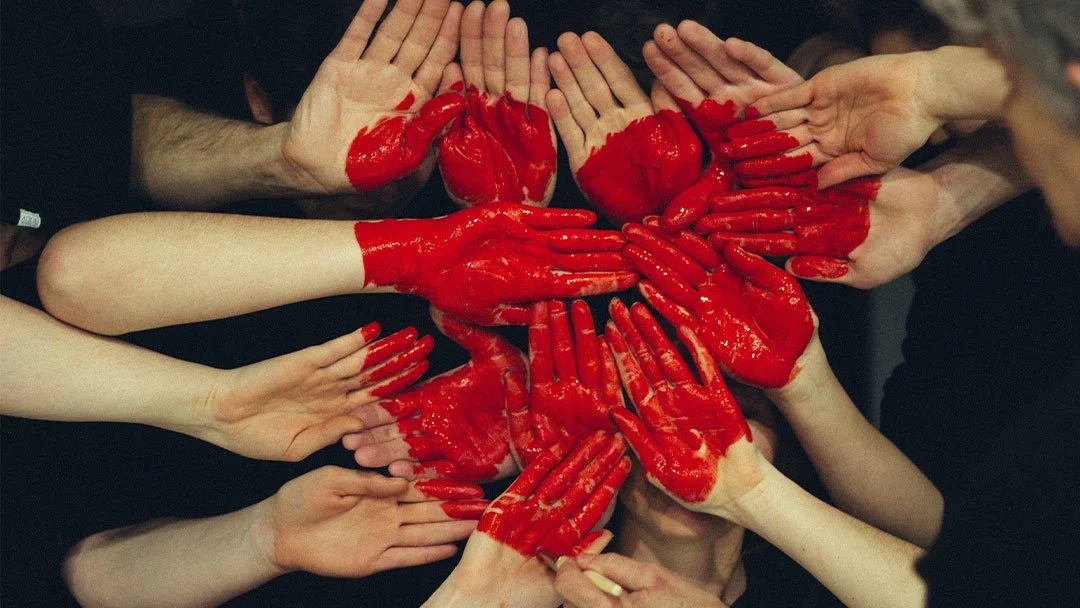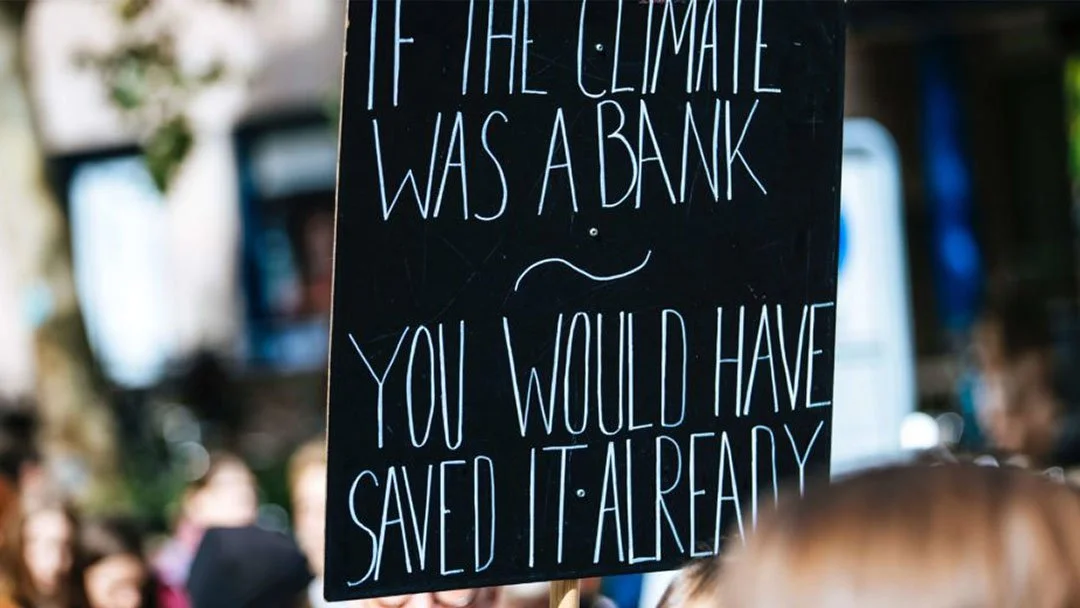What is Social Impact? Definition, Types, & Examples
Updated November 10, 2023
We have all looked at our world and seen room for improvement. We’ve all seen areas where change is needed, such as how we treat various groups of people, care for the planet, and how business is conducted. When you find yourself ready to stop merely noticing things, but become willing to make the change you want to see in the world, then we’re starting to talk about social impact.
Social impact is the intentional, positive changes people make to create a better world for everyone - all living things included. Social impact is essential. It’s important for us to participate in social impact, but defining it and giving it structure is also important. Then this revolution of conscious social impact we’re currently experiencing can grow.
Never before have so many people, companies, and organizations been so aware of the impact they’re making - but never before have so many more people, companies, and organizations needed to change their practices and become even more socially conscious.
Many hands put together with red paint in the shape of a heart.
What is Social Impact and Why It Matters
Social impact may be defined as any positive or significant change that addresses or solves a social injustice or challenge. These changes may come from individuals, organizations, or even an entire country. The changes made are purposeful and intentional. They are deliberate attempts to effect positive change.
What constitutes social injustice or a social challenge may be up for debate in some places. Local and global perspectives can affect what’s considered a real issue. Despite this, there needs to be some consensus to bring help, resources, and change to our most significant issues.
Social impact must be significant. The actions that lead to change aren’t superficial or trivial. They are implemented to create meaningful change or bring outright solutions.
Why it Matters
Every person must try to make a difference in the world - even if their effort feels small at first.
“It’s not our responsibility to solve the world’s problems. It is our responsibility to try.”
It doesn’t take much to see that the planet is in trouble, that people are suffering injustices, inequalities, and violence. Change can’t occur unless every person sees it as their own responsibility. When any group or aspect of society does well, it has a positive ripple effect. The good isn’t restricted to people; the entire planet thrives. Companies that choose to operate in more sustainable ways can make a substantial social impact, in much the same way that companies, in the past, have created massive damage. People groups who have been disenfranchised in the past (or currently) can have their dignity and needed resources restored.
Companies, organizations, and people who seek to make change must look at all aspects of how they operate, not just the prominent places. This is where the 17 Sustainable Development Goals come in.
Are you ready to make an impact? Visit our The Impactful site to learn how you can get started making an impact today.
17 Sustainable Development Goals
The United Nations developed these 17 Sustainable Development Goals (SDGs), and they provide a framework for anyone or organization that wants to make a difference. They identified 17 key areas for enacting positive social change, solving the world’s most pressing needs. Those areas are:
GOAL 1: No Poverty
GOAL 2: Zero Hunger
GOAL 3: Good Health and Well-being
GOAL 4: Quality Education
GOAL 5: Gender Equality
GOAL 6: Clean Water and Sanitation
GOAL 7: Affordable and Clean Energy
GOAL 8: Decent Work and Economic Growth
GOAL 9: Industry, Innovation, and Infrastructure
GOAL 10: Reduced Inequality
GOAL 11: Sustainable Cities and Communities
GOAL 12: Responsible Consumption and Production
GOAL 13: Climate Action
GOAL 14: Life Below Water
GOAL 15: Life on Land
GOAL 16: Peace and Justice Strong Institutions
GOAL 17: Partnerships to Achieve the Goal
Sign held up in a demonstration that says, ‘If the climate was a bank, we would have saved it already.’
Types of Social Impact
Social impact can be divided into four types:
1.Positive Impact
Examples of positive impact:
Giving free meals to the homeless
Creating gender equality through financial inclusion
Improving profitable product lines and focusing on social outcomes
2. Negative Impact
Examples of negative impact:
Increased air and sea pollution
Long-term refugees
Social isolation because of mental illness
Paying workers less than a living wage
3. Direct Impact
Direct impact is when changes have direct interaction with a product or service. For example, when an organization provides food and blankets for the homeless, they directly impact the people helped.
4. Indirect Impact
Indirect impact can be powerful toward change. Although the activity isn’t directly applied to the problem, the results can be profound. Of course, indirect impact is more difficult to measure. It must have appropriate and accurate parameters; otherwise, organizations may attribute positive impact to their actions when their actual contribution is negligible. For example, an organization that provides some indirect need may think they’re responsible for all the good that comes from it. But not all of the positive change that occurs will have to do with their efforts.
To create indirect impact, organizations use impact chaining with partners.
How Can You Make Positive Social Impact
One of the best ways you or your organization can make a real difference is to look at the 17 SDGs to see which one you feel strongest about, most compelled to work in, or where you have some past experience. It’s best to focus on one of the SDGs and not become too over-ambitious or too overwhelmed. When you see all the issues in the world, it’s easy to think you can take on several items. Don’t underestimate the enormous impact your organization can make, focusing on just one of the 17 SDGs. Especially considering that each one of the 17 SDGs can cover a pretty broad and far reaching subject or issue area such as education or poverty.
Choose one that aligns with your work so you’re familiar with the processes. You’ll know what activities are needed to ensure a significant social impact. You don’t have to change everything about what you’re doing because change takes time.
The pathways to impact can breakdown in a few manners:
1. You can better align your business and work with one (or many) of the UN SDGs.
2. You can consider a career change into an area of social impact.
3. If you are a freelancer or consultant, you can seek out more impactful clients - be selective with WHO you work with!
Final Thoughts
To wrap this up, here are some examples of social impact:
Google - The company is already well-known for its commitment to certain environmentally-friendly projects, but most recently, they have earned the RI’s highest CSR score. Google uses 50% less energy than other comparable companies in the world. They have also invested over $1B in renewable energy initiatives, making it possible for other businesses to reduce their carbon footprint. While they know they have a large footprint and much work to do, they have committed to making improvements step by step, and at scale.
Cure Violence - Based in Chicago, this organization was ranked one of Global Journal’s Top 10 NGOs. They aim to end violence in communities by using the same methodology and strategies as with disease control. This means treating high-risk people, finding and disrupting conflict, and changing social norms.
For individuals - to make social impact, you can live sustainably by using reusable items, eating less meat, saving energy, recycling, saving water, donating and purchasing used clothing, etc.
Business owners, freelancers, and creators - you can our community at the Impactful to learn how you can attract more socially conscious clients, leverage your creative skills for good, and learn from other community members.
Are you ready to create your social impact? Visit us at The Impactful for ways in which you can start your own personal social impact journey.


